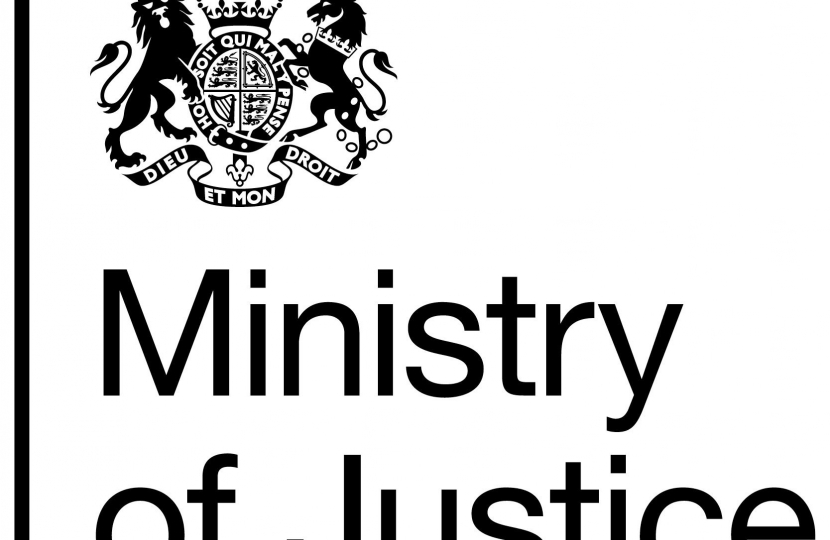
An attempt by Tatton MP Esther McVey to ban all phone signals on prison estates could be operating within two years.
The Ministry of Justice are in talks with mobile network providers looking at what technologies would need to be designed to ensure full coverage.
Ms McVey was set to introduce her legislation next month after being chosen from a ballot of MPs, but is no longer able to take it forward as she has been made Deputy Chief Whip. The legislation, which she had written, will now be taken on by Lewes MP Maria Caulfield.
Ms McVey said: “I had great conversations and insights from governors at Styal prison and Thorn Cross and what the staff said there was integral to shaping the legislation. Now Maria will lead on the Bill in the Commons to ensure it happens.
“The discussion on these future technologies has already begun between the MoJ and Mobile network operators and realistically, if the bills pass, the MoJ told me that we can expect to see the benefits and new technologies being rolled into the prison estate over 1-2 years.
“Technology is continually changing and people are finding ways to get around it so this Bill will allow the MoJ to be ahead of the game and future proof by working directly with the mobile network operators and the ability to develop technology specifically to address the difficulties faced in prisons as and when they develop. I am delighted I have been assured the talks are underway and this can be achievable and look forward to seeing Maria now formally take it forward and get it in place.”
New technologies would also mean certain numbers can be blocked so a handset would not need to be found before it could be stopped. Whereas the current blocking system has many flaws and is effective in different areas, in the same way wifi can be, the new legislation will close down loopholes and allows the telecoms technical teams powers to target the problem as technology develops.
The Private Member’s Bill will see technology tailored to each prison estate.
Ms McVey said: “Through my discussions with our local prison officers it was clear that locating the phone in prison may be a problem but the changes I proposed will mean the phones will not physically need to be retrieved in order to be cut off. Specific numbers can also be identified, tracked and blocked through a combination of the detection and blocking technologies and telecommunication restriction orders. The Ministry of Justice have assured me this can be achieved and they are the ones who have set out the two year timescale.”
Prisons may decide they want a physical blocker in place as is currently the status quo whereas others may work with telecoms providers to block signals in other ways. The Ministry of Justice confirmed homes and businesses nearby the prison will not be affected.
The technology can be overridden in case of emergency and there are also ways to ensure staff use different frequencies or for blockers to exempt certain phones from being blocked if a prison wanted their staff to continue using mobile phones.
If the legislation is introduced it would cover all prisons from high security to open estates.
Justice Minister Sam Gyimah previously said Ms McVey’s idea to ban the signal was the only way to tackle the problem.
